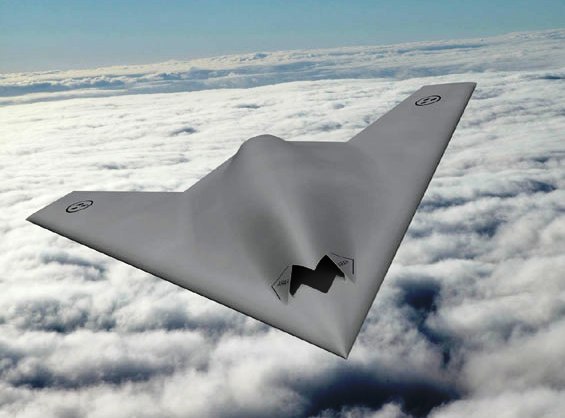Danish pullout hits NATO AGS
Concern about “RIPPLE EFFECT”
“There could be a ripple effect in the current financial climate with budgets being cut,” one alliance source said.
The NATO sources said the system had broad possible uses, including in countering attacks by improvised explosive devices in Afghanistan and in counter piracy operations off Somalia.
“The value of the project is such that countries will look at it in a serious way,” said a second NATO source. “I don’t think anyone would go for a knee-jerk reaction. It gives the sort of capability that would be financially impossible for small countries to create on their own.”
NATO had been hoping to finalise it in time for a summit in Lisbon in November, but the NATO sources said reviews by other participant countries could cause delays.
One of the sources said it might be possible to scale back the programme if other nations were unwilling to cover the budget gap caused by Denmark, or if others followed its lead.
“There’s always room to find some economies, but we would need to see what we would lose in terms of capabilities and see if it’s still acceptable to other nations. But it’s better to have 80 percent capability than none at all.”
Countries still participating in the AGS project are Bulgaria, Canada, the Czech Republic, Estonia,Germany, Italy, Latvia, Lithuania, Luxembourg, Norway, Romania, Slovakia, Slovenia, and the United States.
Denmark’s centre-right government has proposed saving 3 billion crowns ($499 million) out of a roughly 100 billion defence budget for 2010-2014, including half a billion crowns from pulling out of NATO high-tech projects, including AGS. ($1=.7453 Euro) (Editing by Simon Jessop)
Denmark’s pullout
Denmark’s pullout from a NATO drone project has raised questions about the future of the 1.3 billion euro ($1.7 billion) multinational programme involving big U.S. and European defence contractors, NATO sources said.
NATO Secretary-General Anders Fogh Rasmussen, a former Danish prime minister, said he strongly regretted Denmark’s withdrawal from the Alliance Ground Surveillance (AGS) project, which involves 14 other nations.
“AGS is designed to make soldiers from all NATO countries safer and more effective when they are deployed on operations,” he said in a statement on Wednesday.
“Denmark’s withdrawal from the programme sends the wrong signal to our forces and to other allies.”
The project involves the off-the-shelf purchase of eight Rolls Royce (RR.L) powered Global Hawk drones and will also make use of eight mobile ground stations and a main base at Sigonella inItaly.
U.S. firm Northrop Grumman ISS International is the main contractor for the project, with the German arm of EADS, Italy’s Galileo Avionica — a unit of Finmeccanica — and the Canadian arm of General Dynamics also involved.
While Denmark’s contribution to the project was only to have been about 50 million euros and involve Danish firm Terma, NATO sources said there was concern at a time of severe pressure on defence budgets that other nations might follow its lead.
By David Brunnstrom

